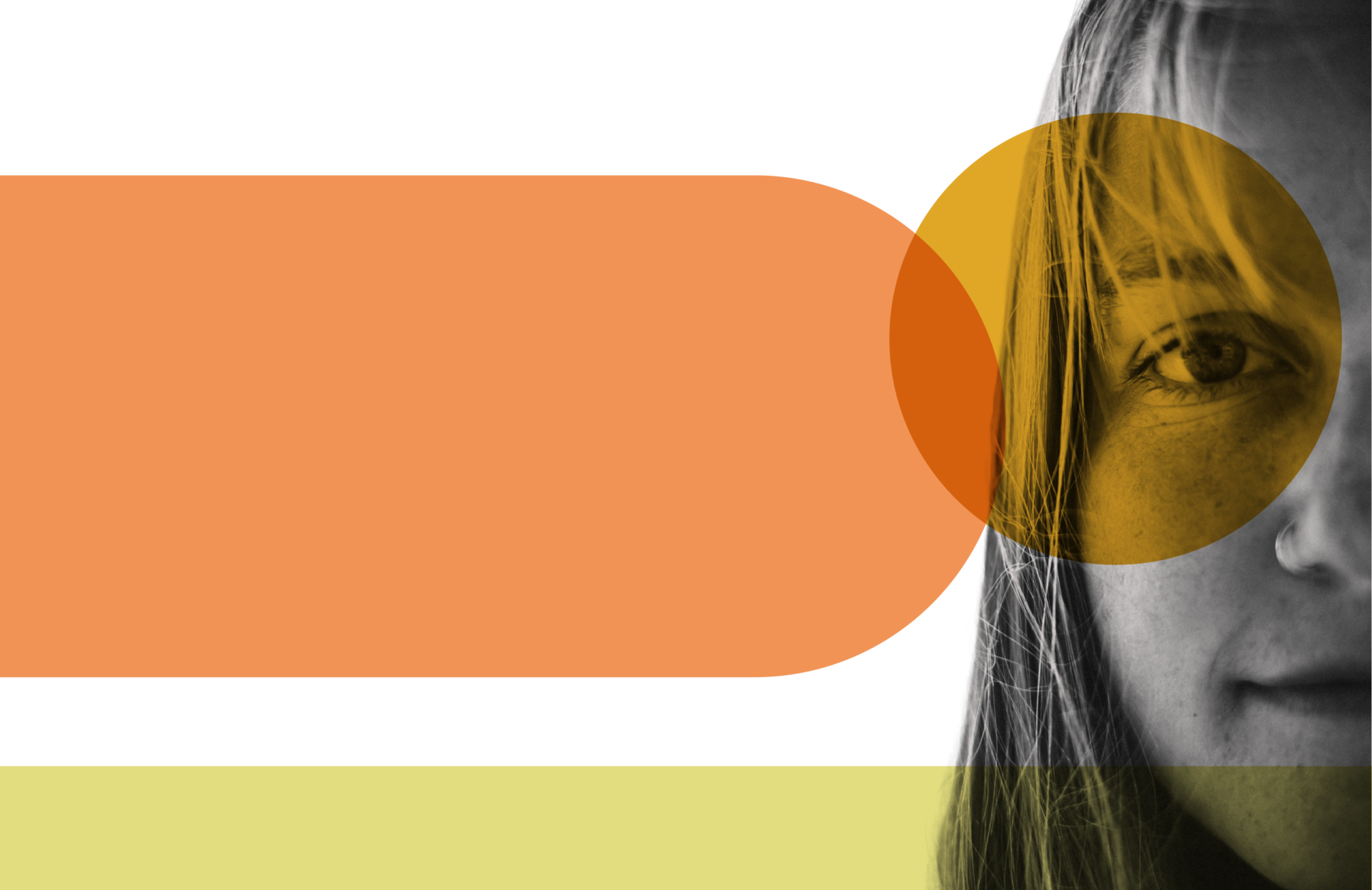A Personality disorder is an enduring pattern of inner experience and behaviour that deviates markedly from the expectations of the individual's culture
It is pervasive and inflexible. It has an onset in adolescence or early adult hood. It is stable over time and leads to distress or impairment.
Some types of personality disorder like antisocial and borderline personality disorders tend to become less evident or to remit with age, whereas this appears to be less true for some other types like obsessive compulsive and schizotypal personality disorders.
Understanding Personality Disorders

Personality disorders are grouped into 3 clusters based on descriptive similarities
Cluster A includes the paranoid, schizoid and schizotypal personality disorders. Individuals with these disorders often appear odd or eccentric. Cluster B includes the antisocial, borderline, histrionic and narcissistic personality disorders.
Individuals with these disorders often appear dramatic, emotional or erratic. Cluster C includes the avoidant, dependent and obsessive compulsive personality disorders.
Individuals with these disorders often appear anxious or fearful. It should be noted that this clustering system, although useful in some research and educational situations, has serious limitations and has not been consistently validated.

Moreover individuals frequently present with co-occurring personality disorders from different clusters.
The treatment of personality disorders is mainly psychotherapy. Patient’s may be highly symptomatic and struggle with comorbid conditions such as anxiety and depression that may benefit from pharmacotherapy.

Our Psychiatrists are committed to providing comprehensive assessments to correctly identify Personality Disorder symptoms and ensure that you receive an accurate diagnosis.
Book online for a fast, affordable and convenient online Personality Disorder assessment or call Fluence Clinic directly on
03 6121 4298.

Understanding Personality Disorders
A Personality disorder is an enduring pattern of inner experience and behaviour that deviates markedly from the expectations of the individual’s culture
It is pervasive and inflexible. It has an onset in adolescence or early adult hood. It is stable over time and leads to distress or impairment.
Some types of personality disorder like antisocial and borderline personality disorders tend to become less evident or to remit with age, whereas this appears to be less true for some other types like obsessive compulsive and schizotypal personality disorders.
Personality disorders are grouped into 3 clusters based on descriptive similarities
Cluster A includes the paranoid, schizoid and schizotypal personality disorders. Individuals with these disorders often appear odd or eccentric. Cluster B includes the antisocial, borderline, histrionic and narcissistic personality disorders.
Individuals with these disorders often appear dramatic, emotional or erratic. Cluster C includes the avoidant, dependent and obsessive compulsive personality disorders.
Individuals with these disorders often appear anxious or fearful. It should be noted that this clustering system, although useful in some research and educational situations, has serious limitations and has not been consistently validated.
Moreover individuals frequently present with co-occurring personality disorders from different clusters.
The treatment of personality disorders is mainly psychotherapy. Patient’s may be highly symptomatic and struggle with comorbid conditions such as anxiety and depression that may benefit from pharmacotherapy.
Our Psychiatrists are committed to providing comprehensive assessments to correctly identify Personality Disorder symptoms and ensure that you receive an accurate diagnosis.
Book online for a fast, affordable and convenient online Personality Disorder assessment or call Fluence Clinic directly on
03 6121 4298.

